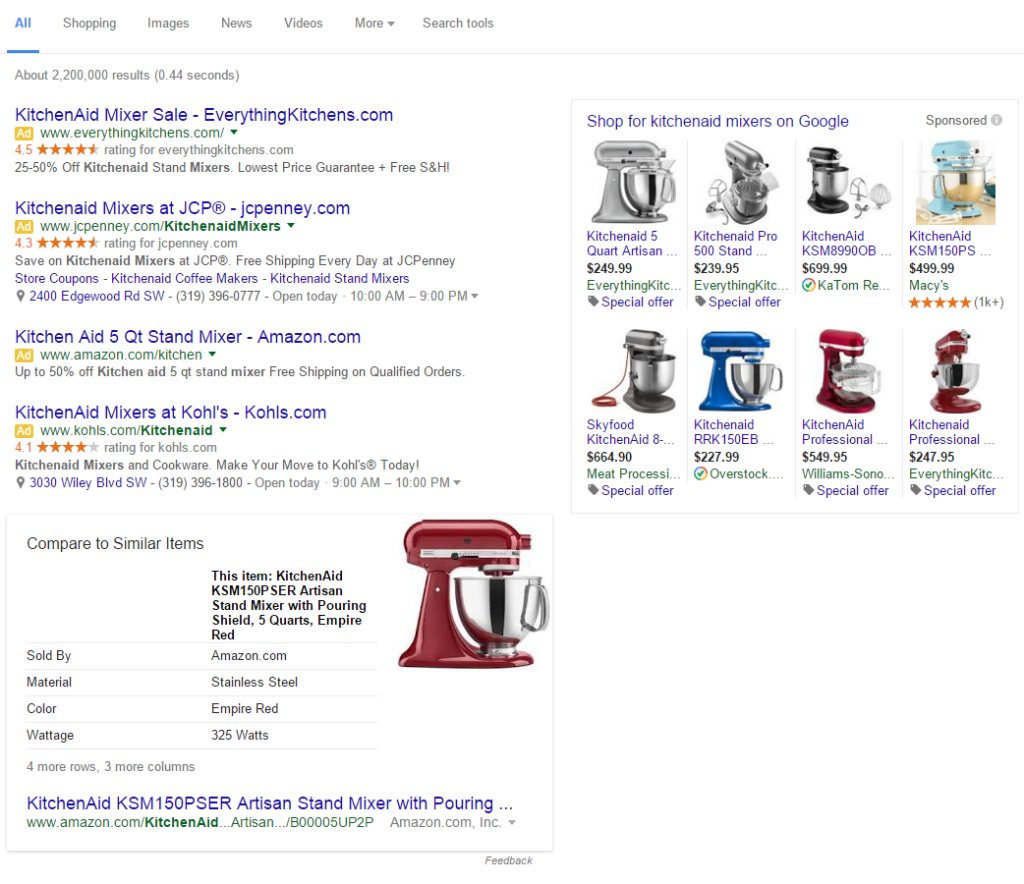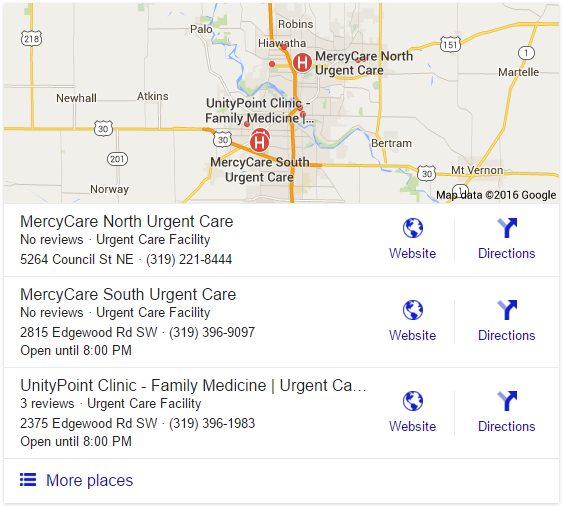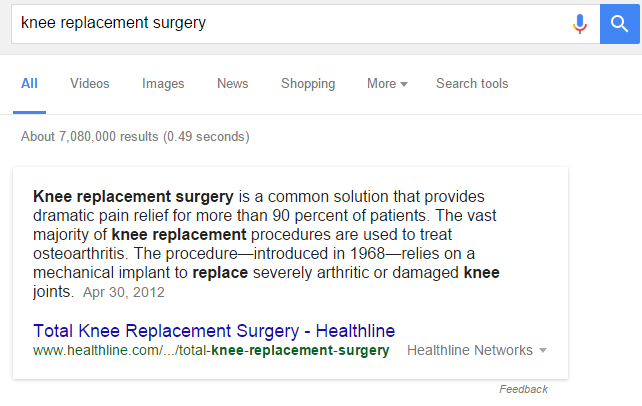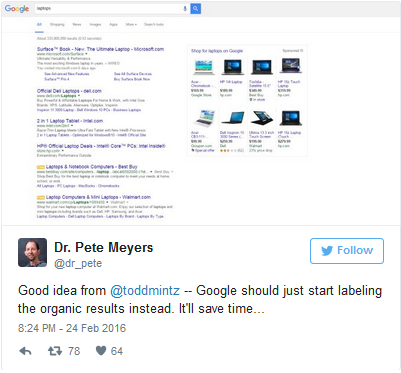The other day, I noticed this retweet from one of SEO’s top voices, Dr. Pete Meyers (@dr_pete):
The point? Google has gotten noisier and, as a result, changed the strategy for many brands focused on better search visibility.
Today’s Search Results
When it comes to strategy today, many organizations are still focused on being number one in the results. While that is a noble goal, it doesn’t necessarily mean you gain more eyeballs. The first organic result may be buried below ads, shopping recommendations or local results.
More importantly, casual search users are relying on Google to sort the data for them and taking what they get. This means your great content may get little-to-no visibility while other results such as knowledge graph, local and shopping hints get all the clicks.
Take a look at a search for “kitchenaid mixers”. Not healthcare-related, but still intriguing. KitchenAid itself doesn’t show up until after ads, some product details (by Amazon) and some sidebar content.

Extreme examples like this are harder to find in the healthcare space, but the point remains: options presented to searchers today are vast and wide.
So what can your organization do to gain more visibility?
The 2016 SEO Strategy
Luckily, the new search landscape is full of opportunity. While awesome content, well-researched keyword strategies and optimized websites (for speed and mobile experience) are still a necessity, there are new ways you should utilize to put your organization in front of searchers.
Local Results
With the explosion of mobile usage, local search results are more important than ever. Your organization can be a part of these results by claiming, managing and updating your local listings via Google My Business.
Since this can be a major undertaking, you may elect to have an agency handle these local listings for you, but either way, this is another case where rich, updated content wins.

Local results for “urgent care cedar rapids”.
Schema.org Markup and Knowledge Graph
We’ve covered Schema.org and the knowledge graph extensively here on GeoVoices, but it goes without saying that more and more answers are being provided to searchers right in the results.
Provider ratings and reviews are a prime example of Google utilizing data from your website when marked up correctly. Wheaton Franciscan Healthcare has seen more rich search results because of their Schema.org efforts.

Ratings included as part of the provider search result.
Google Answer Boxes
Another item you may see in search results is the “Answer Box”. This is relatively new to search results, but offers searchers an answer to their query right on the search results page instead of having to click through to a website.

A Google Answer Box for “knee replacement surgery”.
While it’s a bit unclear what earns a spot in Answer Boxes, well-structured content, succinct answers to a query and a great user experience are great starting points. It also seems that humans reviewers are responsible for choosing which sites appear in the Answer Box for certain queries.
Accelerated Mobile Pages Project (AMP)
Still a bit of a fringe project, this initiative aims to making web pages on mobile browsers load instantly. Accelerate Mobile Pages introduces AMP HTML and a variety of tools for developers to make mobile browsing experiences even cleaner.
While this is brand new and not widely used just yet, it’s a project that Google is part of, so it’s hard to imagine this not impacting mobile search results in some fashion. In fact, there is already some priority being given to AMP pages.
Be Focused, Yet Flexible
There are many ways you could spend your time when it comes to optimizing your website and content for search. It should be obvious that ranking number one simply isn’t good enough in many cases.
As marketers, webmasters and website owners, we must use a wider strategy when it comes to optimizing for Google and other search engines, especially in 2016.
Best of all? These are all approachable, free-to-use strategies that your team can begin prioritizing today.
